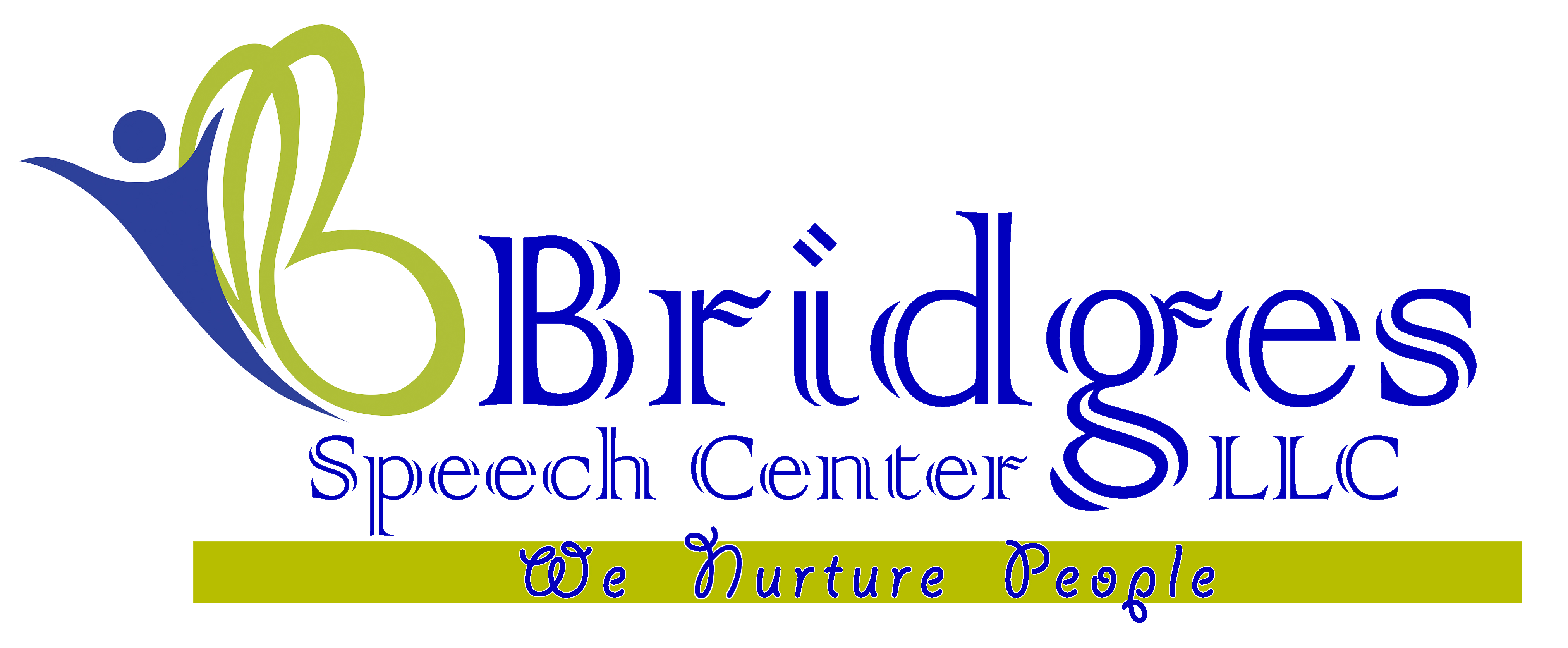Motivation in educational psychology can be considered as the important aspect of every therapy program at Bridges Speech Center. Whether a child is learning new speech sounds or an adult is rebuilding his/her language after a stroke or injury , the desire to learn is the success of the session. In this guide we explore why motivation is important , how therapists apply the theory parts , and what parents, caregivers, and educators can do to keep the curiosity under balance.
Table of Contents
ToggleWhy Educational Motivation is important in Therapy
Experience in clinic and educational psychology research both show that learners who are motivated achieve goals faster and balance their skills for a long time . Research shows that highly motivated students are more than twice as likely to achieve their goals in speech and occupational therapy programs. When learners believe that effort leads to improvement, practice feels purposeful and setbacks become stepping-stones.
Therapists at our Speech Centre Dubai integrate these findings into every individualized plan. By blending evidence with empathy we transform motivation from an abstract concept into daily, observable gains.
Self-Determination Theory: Building Intrinsic Drive
One of the most cited models of motivation in educational psychology is Self-Determination Theory (SDT). SDT states that people thrive when three basic needs are met:
- Autonomy – feeling in control of choices.
- Competence – believing you can succeed.
- Relatedness – sensing connection with others.
Autonomy
Therapists present learners with meaningful options, such as choosing between a picture-book activity or a movement game. Even small decisions satisfy the need for control, boosting engagement. Parents can mirror this strategy at home by letting children select the story they read aloud while practicing articulation targets.
Competence
Clear, achievable goals matter. Our evidence-based speech therapy Dubai programs break large skills into micro-steps so victories arrive quickly. Success releases dopamine, reinforcing effort.
Relatedness
Social bonds propel progress. Group sessions, peer modeling and positive feedback from family members strengthen this pillar. Research in educational psychology confirms that students who feel supported show higher persistence and lower anxiety.
Expectancy-Value Theory: Why Belief Shapes Behavior
Expectancy-Value Theory states that learners ask two silent questions before investing effort:
- Can I succeed? (expectancy)
- Is it worth it? (value)
Our clinical psychologists in Dubai partner with speech-language pathologists to nurture healthy self-belief. Techniques include video modeling, growth-mindset language and cognitive-behavioral tools. When therapy goals clearly connect to real-life rewards, value soars. For an adult with aphasia, regaining the ability to order coffee independently is priceless.
Practical Strategies to Boost Motivation at Home and School
1. Use Choice Boards
Create a visual menu of practice tasks. Choice builds autonomy, a key driver of motivation in educational psychology.
2. Celebrate Effort, Not Perfection
Phrase praise around hard work: “You kept trying that /r/ sound, great persistence!” This supports a growth mindset.
3. Incorporate Interests
If a teenager loves football, embed vocabulary drills into sports commentary. Personal relevance increases task value.
4. Set Micro-Deadlines
Short deadlines quicken feedback loops, a proven tactic in educational psychology for maintaining momentum.
5. Track and Display Progress
Graphs, stickers or digital badges satisfy the competence needed by showing measurable improvement.
How Bridges Speech Center Applies Motivational Science
- Initial Assessment – clinicians evaluate baseline skills and discover personal interests.
- Shared Goal Formulation – therapist and client co-create SMART goals.
- Gamified Therapy – from articulation scavenger hunts to augmented-reality language quests.
- Family Training – parents learn motivational coaching during our psychotherapy and counseling workshops.
- Regular Review – data-driven adjustments keep tasks in the sweet spot between challenge and skill.
Our integrative model blends educational psychology with speech science, occupational therapy, and clinical psychology & psychotherapy in Dubai. This holistic view turns therapy into a joint journey rather than a chore.
Ready to Ignite Progress?
Motivation is not magic, it is a science you can learn. If you want professional guidance grounded in motivation in educational psychology, contact Bridges Speech Center today at or book an evaluation. Together we will turn potential into lasting change.

